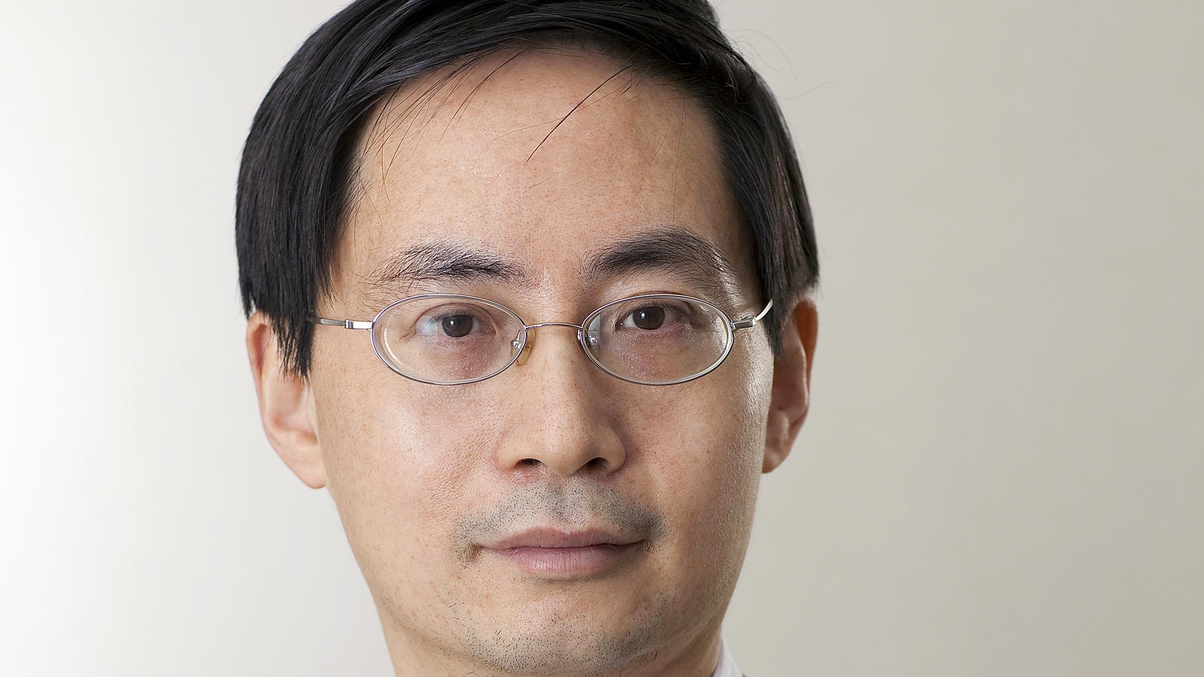China seeks global investors for green finance goals
The nation committed to developing green finance during the G20 Leaders Summit, but needs to firmly set out its definition of the concept to gain international investor capital.

The Chinese government pushed green finance onto the agenda of leading nations last week, and discussed its interest in attracting European asset owners to help support its ambitious plans to raise $300 billion of green finance a year.
Sign in to read on!
Registered users get 2 free articles in 30 days.
Subscribers have full unlimited access to AsianInvestor
Not signed up? New users get 2 free articles per month, plus a 7-day unlimited free trial.
¬ Haymarket Media Limited. All rights reserved.


